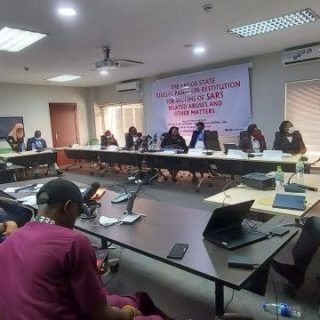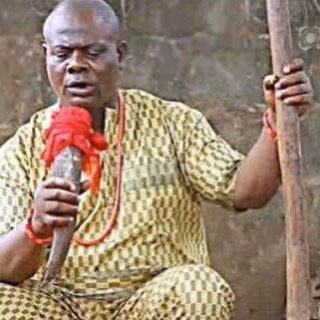On Friday, September 10, 2021, the Lagos State House of Assembly passed two bills to be signed into law by the governor: a bill on the collection of Value Added Tax (VAT) in Lagos state and a bill on the prohibition of open grazing in Lagos State.
The anti-open grazing bill follows an agreement by the 17 governors of the southern states in Nigeria, who met in Asaba, Delta state on May 16, 2021. They agreed to sign laws prohibiting the open grazing of cattle in their states and the movement of cattle by foot across the southern region of Nigeria by September 1, 2021.
Since the meeting, ten southern states have passed anti-open grazing laws in their states, namely: Bayelsa, Rivers, Oyo, Ekiti, Enugu, Lagos, Ondo, Akwa Ibom and Osun States. Abia and Ebonyi states say that they already have similar laws in place, while the Ogun State Governor is yet to sign the bill into law.
Delta state is still working on its anti-open grazing bill, while Imo, Edo, Anambra and Cross River States are not currently working on any anti-open grazing law.
What Is “Open Grazing”?
Open grazing is when cattle and other domestic animals are allowed to roam freely and consume grass or plants on whatever lands they come across.
In Nigeria, up to 2,000 people die every year due to deadly clashes between farmers and cattle herders over rights to openly and freely graze. These clashes made about 62,000 people homeless between 2015 and 2017.
There is usually disagreement over land or water when herders allow their cattle to roam into farmers’ lands. At other times, conflict happens because the livestock of the herder has either been stolen or farmers have prevented herders from grazing on their land.
Will The Anti-Open Grazing Laws Stop The Deadly Clashes?
The anti-open grazing laws in southern Nigeria are supposed to stop cattle herders from allowing their livestock to graze anywhere in public. This is supposed to prevent any more opportunities for farmers and cattle herders to clash. But it is not that simple.
Saleh Alhassan, the National Secretary of Miyetti Allah Kautal Hore — an association for cattle herders, has described the law as “satanic and empty”, and that members won’t obey the anti-open grazing laws. The association has also claimed that its members have freedom of movement as guaranteed by Section 41 of the constitution, even though lawyers are quick to point out that the constitution means free movement should be enjoyed by humans and not cattle.
The Miyetti Allah Cattle Breeders Association (MACBAN), another association for cattle herders, has warned that the price of a cow may cost ₦2 million if the Lagos State government passes the anti-open grazing law because it will be expensive to rear cattle in the state.
Now that some southern states have begun passing the anti-open grazing laws, cattle herders will have to breed their cattle in enclosed spaces like ranches or grazing reserves if they do not want to run afoul of the law. Already, President Muhammadu Buhari has approved the review of 368 grazing reserves in 25 states in Nigeria, and some states like Zamfara and Gombe have begun plans to establish ranches for cattle herders.
The frequent clashes in Nigeria between farmers and cattle herders is a situation that is not going away anytime soon because it borders on the tough questions concerning the right to movement and the right to property. A lot of careful laws and policies will have to be employed to address the situation. For now, we will have to wait and see what happens next.




